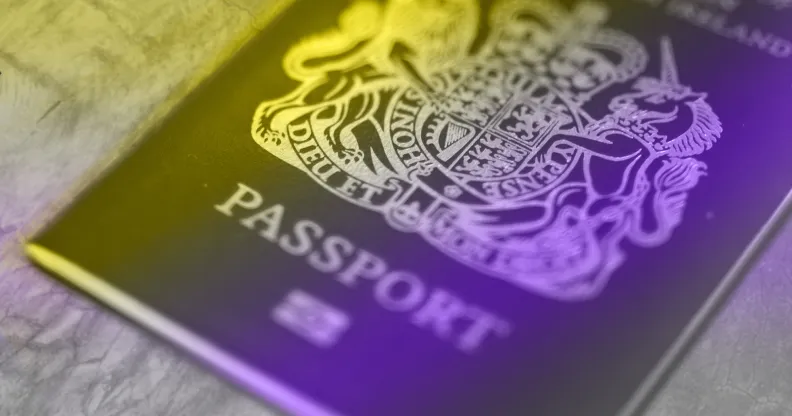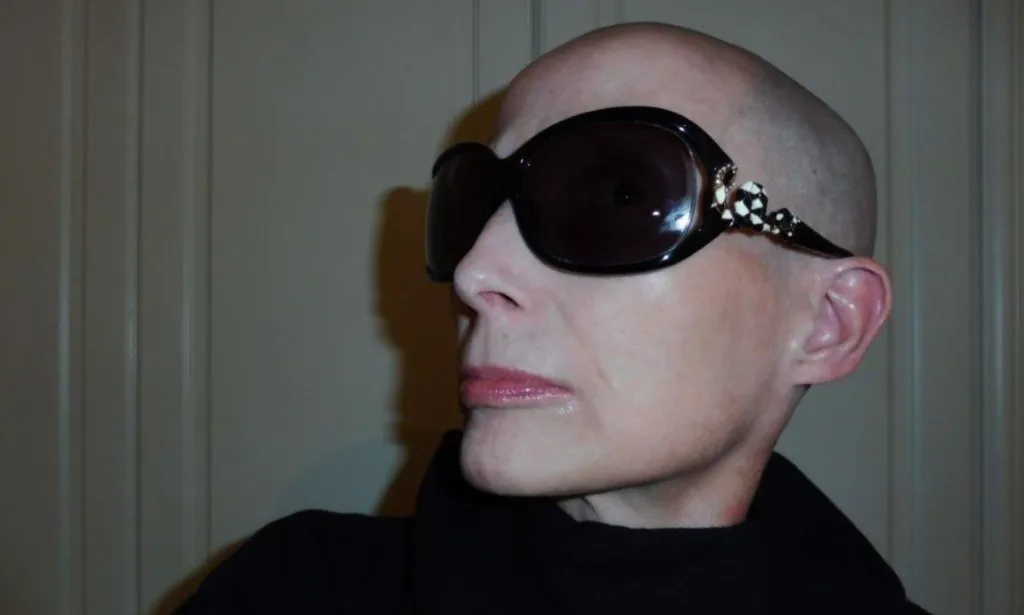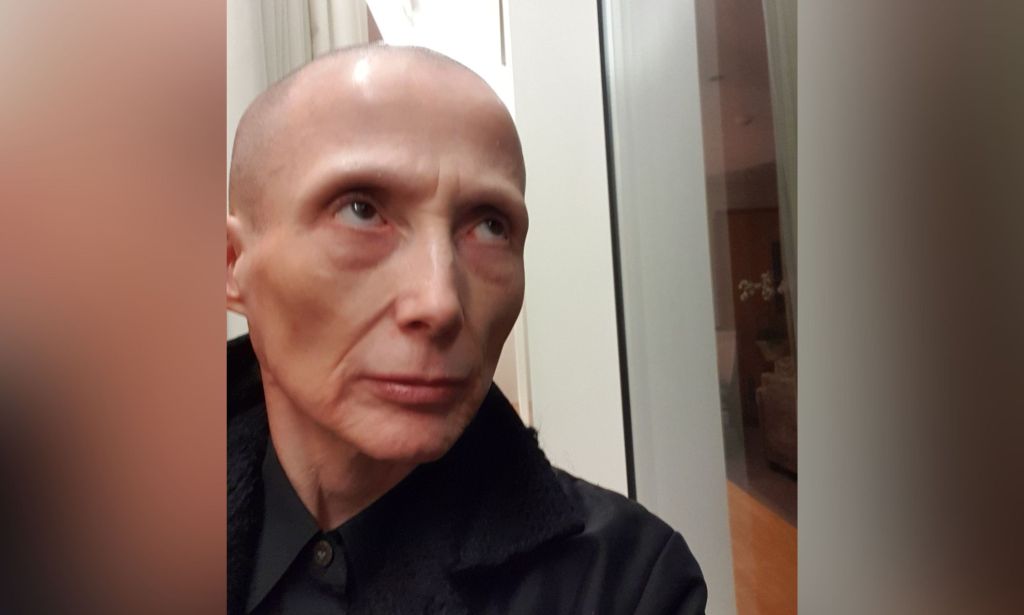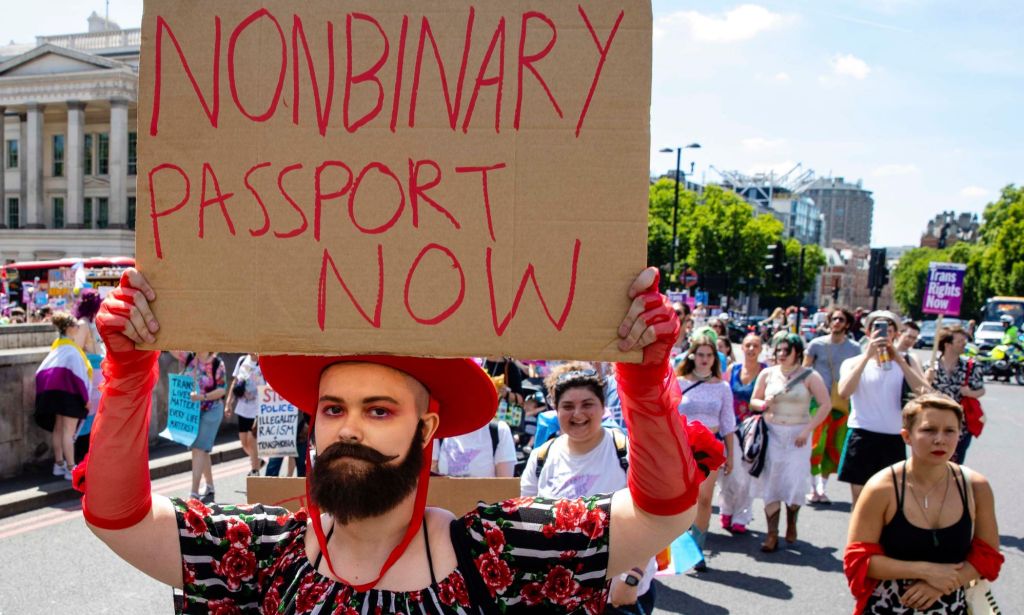UK’s stubborn refusal to recognise genders other than male or female is ‘complete disrespect’

The UK government and the Supreme Court have refused to allow for X gender markers on passports. (Getty)
Non-binary people in the UK have no path to legal recognition, despite a decades-long fight for the government to acknowledge genders other than male or female.
Late last year, Scotland passed legislation that would reform the system through which trans men and women access legal gender recognition.
That legislation was seized upon by the Tory government, who blocked it from becoming law in January in an unprecedented move. Once again the culture war was in full swing, with trans rights the casualty.
The Scottish government has promised a legal challenge, and the Welsh government has also announced plans to pursue gender recognition reform – including a vague commitment to “initiate conversations” with the UK government on non-binary recognition.
Non-binary is often used as an umbrella term for individuals who identify with some aspects of binary-gender identities or reject them entirely. Some people don’t use non-binary to describe their identity, preferring non-gendered, genderqueer, agender, genderfluid or other terminology.
Those who identify as neither male nor female are all too often left out of conversations on trans inclusion and recognition.
Official identification documents – such as birth certificates and passports – are traditionally marked with “M’ and “F” gender markers. But there are a number of countries, including Argentina, Austria, Canada, The Netherlands, and New Zealand, that allow an “X” or third gender option.
However, as with many trans rights issues, the UK lags behind. Currently, non-binary people can’t have their gender recorded on any official identification, and neither the Conservatives or Labour have plans to change that.
Non-gendered activist Christie Elan-Cane (pronouns per/per/perself) has been at the epicentre of the fight for “X” gender markers in Britain.

Elan-Cane’s appeal, for an “X” marker on per passport, was the first trans civil rights case to be heard by the UK’s Supreme Court.
It was rejected in December 2021, and an appeal has been filed with the European Court of Human Rights. Per is awaiting news on if it will go to a hearing.
Elan-Cane tells PinkNews that attitudes towards the introduction of gender-neutral gender markers has “got worse” since 2009.
“It’s just been complete disrespect, particularly for the recognition of categories other than male and female. [The government] never had any interest in doing anything, and I’ve watched as other countries have.”
Recalling first contacting an MP on the topic in 2005 and learning that Australia was “making inroads” on gender-neutral passports. Elan-Cane thought, at the time, it was something “doable” in the UK.

Eighteen years later, there has been no movement.
“It’s not even just disdain, it seems to me to be hatred for wanting to change it, for anything to do with this issue,” Elan-Cane says. “They will just knock it back and just try and stamp it out, which is why with my case, it went all the way to the Supreme Court.”
In 2021, the Tory government said it had “no plans” to legally recognise gender identities other than male or female, claiming that to do so would have “complex practical consequences”.
Last year, parliament discussed whether to legally recognise non-binary identities in the UK. But the debate regressed into anti-trans talking points.

Elan-Cane thought the petition and discussion were a “sham” because they were “not going to go anywhere”. Per found the debacle “excruciating” to watch, and says the government’s refusal to push forward with gender-neutral passports shows “such disrespect” towards people who don’t identify as male or female.
“It shows hatred. It’s really disturbing that I sort of almost have to take myself out of the situation and think it’s somebody else otherwise I think it will be too hard to deal with.
“Even if Strasbourg rules in my favour, it still wouldn’t overturn the Supreme Court ruling. All that would happen would be they [the UK government] get admonished and told to do something, which this government could ignore.
“Unless we have a general election and they get well and truly thrown out, that’s not going to change.”
How did this story make you feel?

